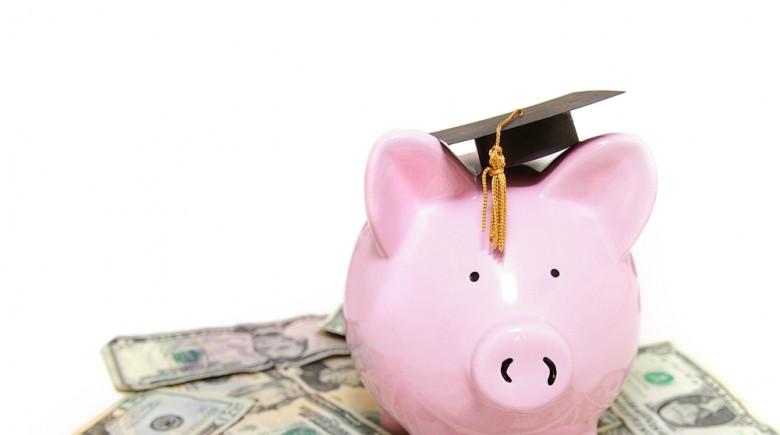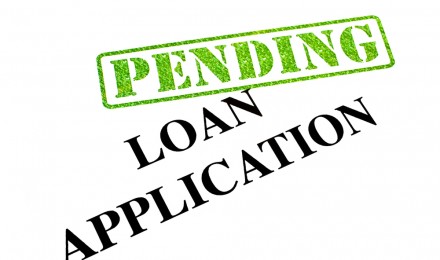You’ve spent the last four or five years in school, and now that graduation is upon you, you’re faced with another dilemma – paying off your student debt.
Although student loan debt can be extremely burdensome, for some people, it’s only by acquiring a loan that they’re able to get a college education. Funds from a student loan can cover many college related expenses, such as tuition, books, supplies, and roaming and board.
A federal or private loan is definitely a godsend if your parents can’t pay your tuition out-of-pocket. But the idea of paying off a loan over the next 10 to 30 years can weigh you down. Fortunately, there are practical ways to get rid of student debt early.
Federal student loan repayment does not begin until 6 to 9 months after graduation, depending on the loan. However, you can make in-school payments while completing your degree. This reduces how much you owe after graduation, allowing you to pay off the debt sooner.
If you have multiple student loans, each with a different interest rate, consider a student loan consolidation. By means of consolidation, you may qualify for a lower rate, which reduces your minimum payments. However, if you continue to make higher payments, more of your payments will go toward reducing the principal, which helps get rid of the loan faster.
Student loan payments are low during the initial years. In fact, if you owe $20,000 after graduation, your minimum payment may only be $100 a month. This is very affordable, but at this rate, it’ll take decades to pay back the lender.
Some college students buy a house or a new car as soon as they find a real job. But if you’re able to keep your expenses low and dump your extra income onto your student loan, you can probably pay off your loan in four or five years.
There are provisions in place to help students who can’t afford their student loan payment. You can request deferment or forbearance, which suspends payments for a period of six months to one year. This is a wonderful provision if you’re unable to pay the minimum. However, postponing payments only extends the length of your loan. And with forbearance, interests continues to incur, ultimately increasing how much you owe.
If you received a federal Direct Loan, you may qualify for student loan forgiveness. This program is available to graduates who work in public service, such as emergency management, military service, public education, public library services, law enforcement, health services and similar occupations.
However, not everyone who works in public service can apply for student loan forgiveness. The eligibility requirements are specific. To qualify, you must be a full-time employee and you can only submit a request after making 120 qualifying student loan payments, which takes approximately 10 years.
You’ve spent the last four or five years in school, and now that graduation is upon you, you’re faced with another dilemma – paying off your student debt.
Although student loan debt can be extremely burdensome, for some people, it’s only by acquiring a loan that they’re able to get a college education. Funds from a student loan can cover many college related expenses, such as tuition, books, supplies, and roaming and board.
A federal or private loan is definitely a godsend if your parents can’t pay your tuition out-of-pocket. But the idea of paying off a loan over the next 10 to 30 years can weigh you down. Fortunately, there are practical ways to get rid of student debt early.
Federal student loan repayment does not begin until 6 to 9 months after graduation, depending on the loan. However, you can make in-school payments while completing your degree. This reduces how much you owe after graduation, allowing you to pay off the debt sooner.
If you have multiple student loans, each with a different interest rate, consider a student loan consolidation. By means of consolidation, you may qualify for a lower rate, which reduces your minimum payments. However, if you continue to make higher payments, more of your payments will go toward reducing the principal, which helps get rid of the loan faster.
Student loan payments are low during the initial years. In fact, if you owe $20,000 after graduation, your minimum payment may only be $100 a month. This is very affordable, but at this rate, it’ll take decades to pay back the lender.
Some college students buy a house or a new car as soon as they find a real job. But if you’re able to keep your expenses low and dump your extra income onto your student loan, you can probably pay off your loan in four or five years.
There are provisions in place to help students who can’t afford their student loan payment. You can request deferment or forbearance, which suspends payments for a period of six months to one year. This is a wonderful provision if you’re unable to pay the minimum. However, postponing payments only extends the length of your loan. And with forbearance, interests continues to incur, ultimately increasing how much you owe.
If you received a federal Direct Loan, you may qualify for student loan forgiveness. This program is available to graduates who work in public service, such as emergency management, military service, public education, public library services, law enforcement, health services and similar occupations.
However, not everyone who works in public service can apply for student loan forgiveness. The eligibility requirements are specific. To qualify, you must be a full-time employee and you can only submit a request after making 120 qualifying student loan payments, which takes approximately 10 years.






